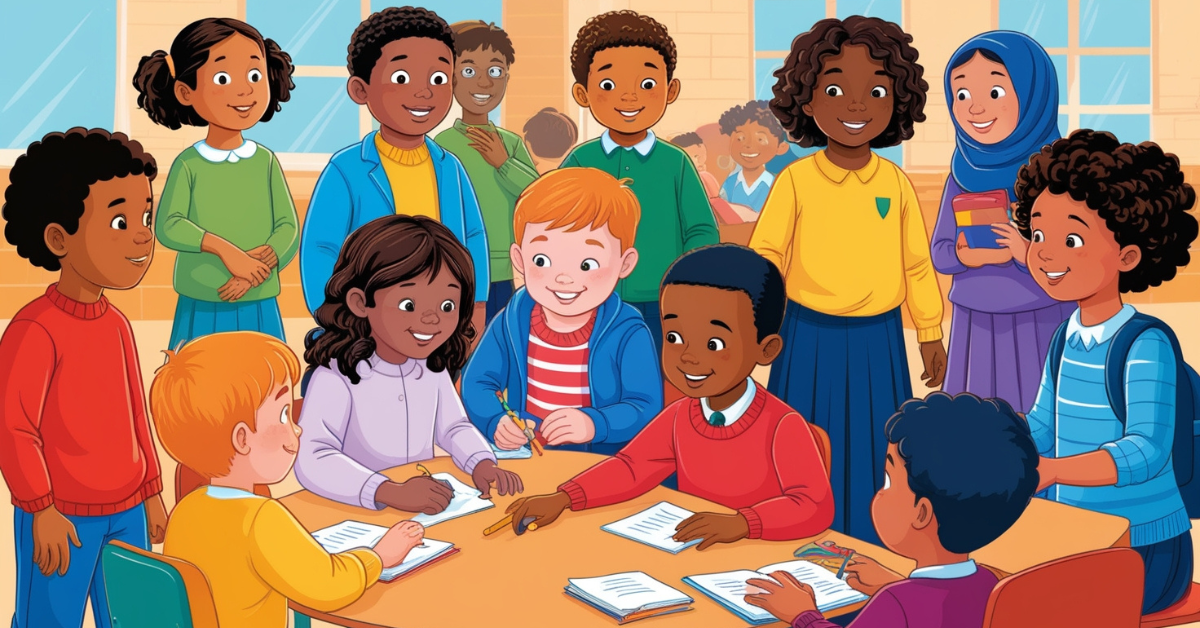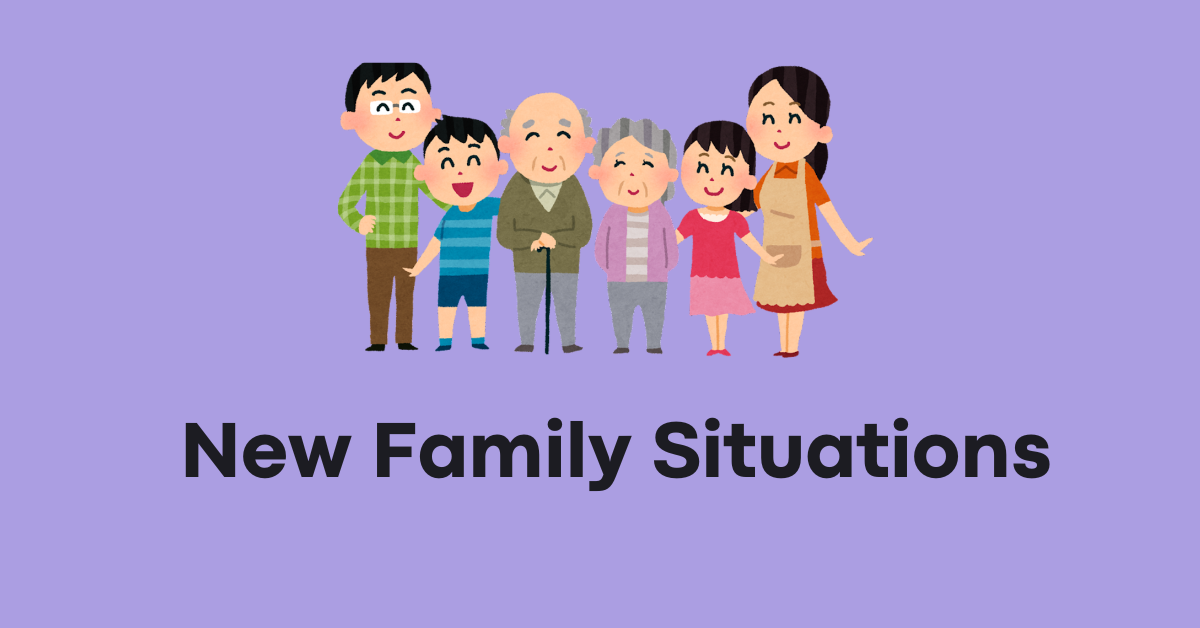
Social skills are the foundation of meaningful relationships and a fulfilling life. For children, learning to interact with others is a vital part of growing up. However, some kids struggle with these skills, making it hard to connect with peers or navigate social situations. Early intervention can make all the difference in helping a child thrive socially. But how can you tell if your child needs professional help? Let’s dive into the signs and solutions.
What Are Social Skills?
Social skills are our abilities to communicate, interact, and build relationships with others. These include verbal and non-verbal communication, empathy, cooperation, and conflict resolution.
Why Are Social Skills Important for Children?
Social skills help children form friendships, work in teams, and express themselves effectively. They also build the foundation for emotional intelligence, which is crucial for lifelong success.
Common Social Challenges in Children
Struggling to Make Friends
If your child consistently has trouble forming friendships or maintaining them, it could indicate underlying social difficulties.
Difficulty in Sharing and Taking Turns
Sharing toys or taking turns during games may seem simple, but these are significant challenges for some children.
Trouble Reading Social Cues
Children who misinterpret body language, facial expressions, or tone of voice may struggle to connect with others.
Persistent Social Isolation
A child who prefers to stay alone, avoids group activities, or consistently declines invitations may be experiencing deeper issues.
Aggressive or Withdrawn Behavior
Extreme reactions, such as aggression or complete withdrawal in social settings, can be red flags.
Anxiety in Social Settings
If your child appears overly nervous or fearful in social situations, it may signal a need for intervention.
Difficulty Communicating Effectively
Struggling to express thoughts, feelings, or needs can hinder a child’s ability to engage with peers.
Underlying Causes of Social Skill Issues
Developmental Disorders
Conditions like autism spectrum disorder (ASD) or attention deficit hyperactivity disorder (ADHD) often affect social skills.
Emotional Trauma or Stress
Past trauma, such as bullying or family conflict, can make social interactions daunting for a child.
Lack of Exposure to Social Situations
Limited opportunities to interact with peers can result in underdeveloped social skills.
Red Flags Parents Should Watch for
Persistent struggles, emotional outbursts, or extreme avoidance of social situations are clear signs to consult a professional.
Consulting Teachers or Caregivers
Teachers and caregivers can provide valuable insights into a child’s social behavior in group settings.
Role of Pediatricians and Specialists
Pediatricians can guide parents toward therapists or specialists focusing on developing social skills.
Types of Professional Help Available
Social Skills Therapy
Trained therapists use role-playing, modeling, and feedback to teach essential social skills.
Cognitive Behavioral Therapy (CBT)
CBT helps children manage anxiety and develop more effective communication strategies.
Group Therapy for Social Skills
Group settings provide a safe space for children to practice social interactions with peers.
Tips for Parents to Support Their Child
Encourage Playdates and Group Activities
Frequent interactions with peers can help your child build confidence and social competence.
Model Positive Social Behavior
Children learn by observing. Show them how to greet others, express gratitude, and resolve conflicts.
Use Role-Playing Games
Practice scenarios like introducing oneself or asking to join a game to help your child prepare for real-life situations.
Benefits of Professional Help
Improved Peer Relationships
Therapy can teach children how to form and maintain meaningful friendships.
Enhanced Confidence and Self-Esteem
Mastering social skills boosts a child’s self-assurance and emotional well-being.
Long-Term Developmental Benefits
Investing in social skills early sets the stage for success in school, work, and personal relationships.
Recognizing the signs that your child needs help with social skills is the first step toward ensuring their well-being. Children can overcome social challenges and build a strong foundation for a happy, fulfilling life with the right support. Don’t hesitate to seek professional help if you notice persistent issues—it’s an investment in your child’s future.






